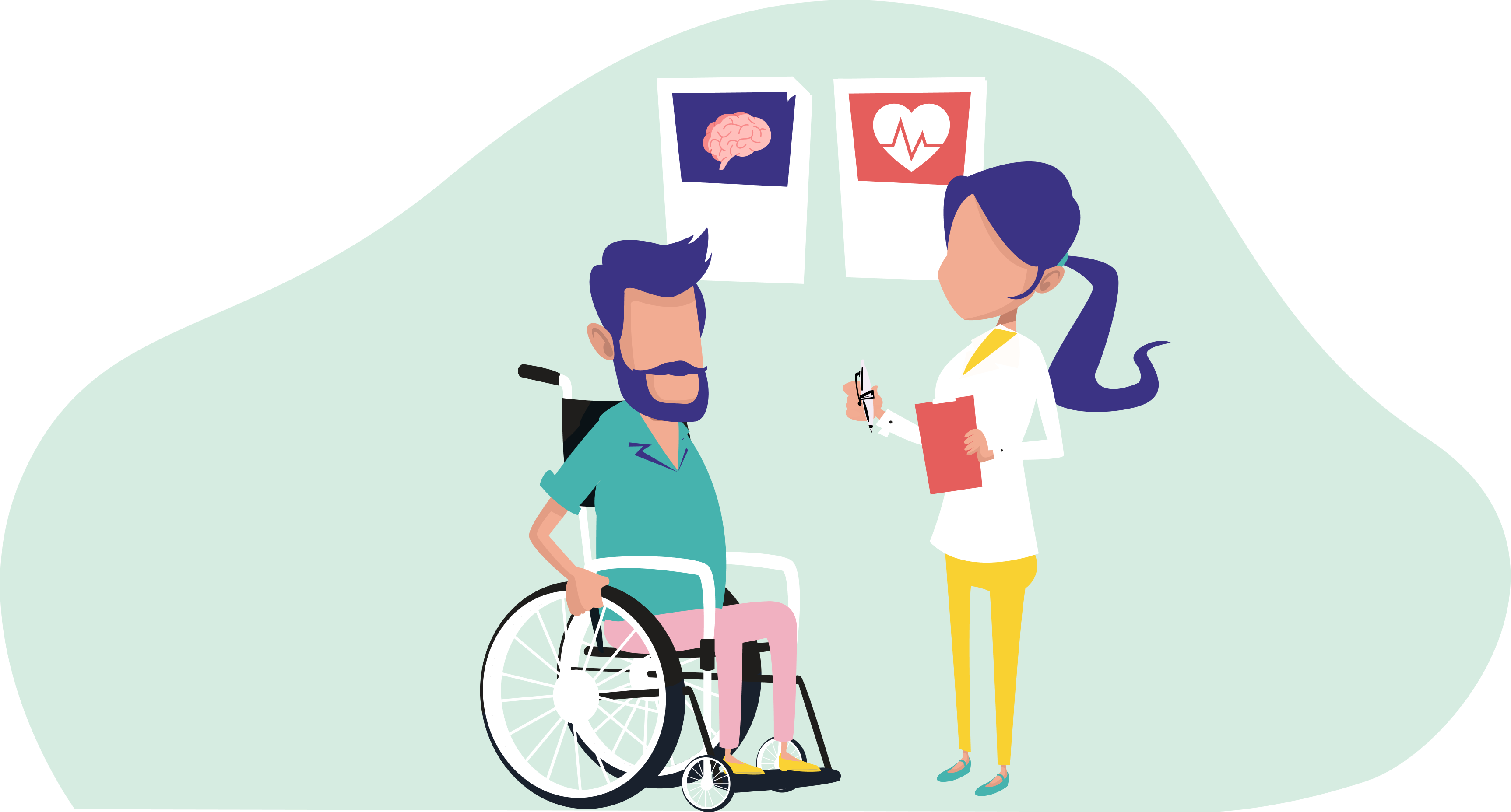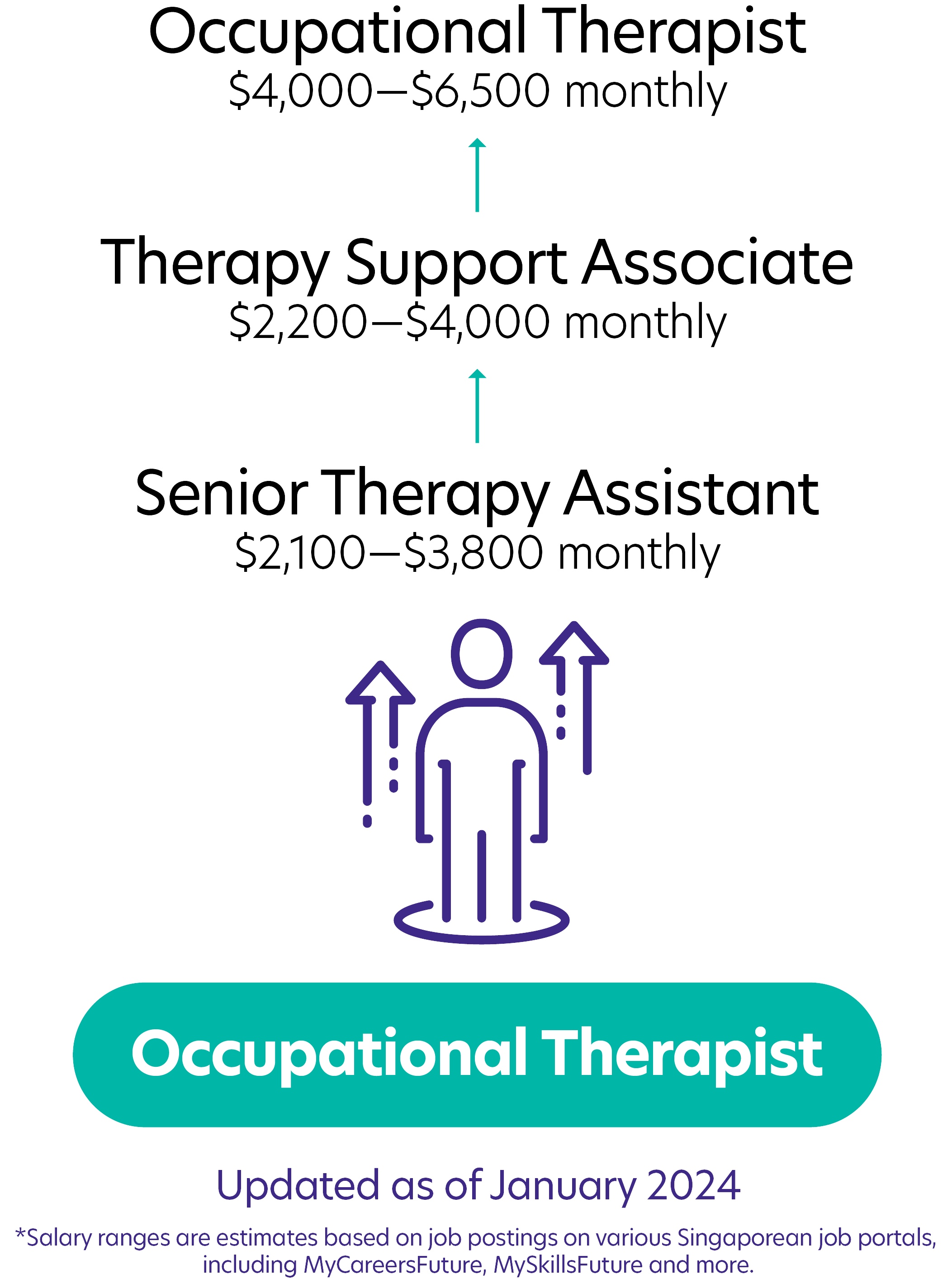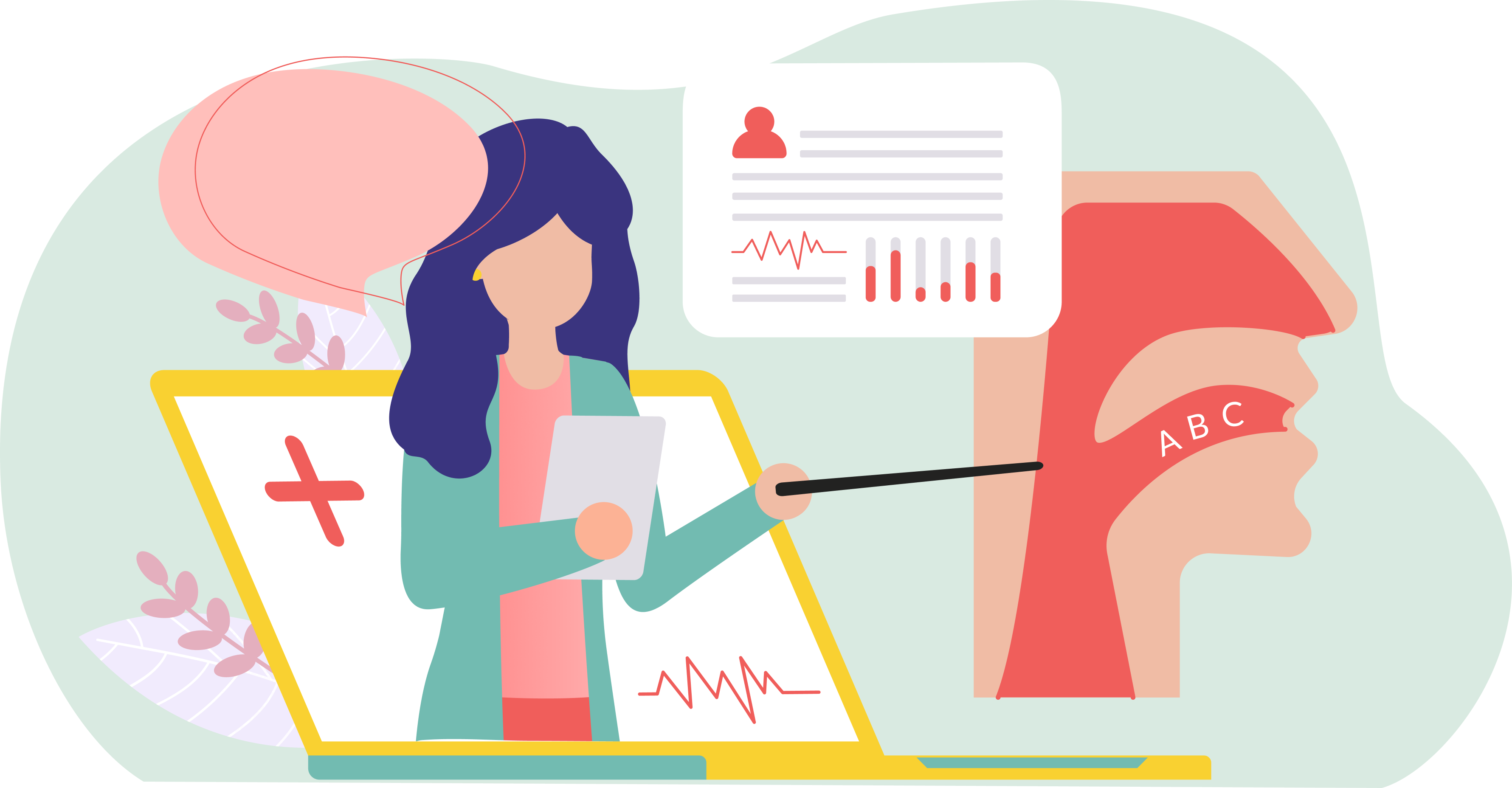
Occupational Therapists help clients of all ages regain their ability to perform daily tasks by themselves. This may include helping them overcome physical, sensory, and/or cognitive difficulties.
Occupational Therapist Job Description
- Assess the client's development and determine the functional skills necessary for everyday life.
- Develop recovery programmes to help clients rebuild lost skills and restore confidence.
- Recommend environmental modifications (e.g. installing grip bars and railings). It helps clients participate in home, school, and community tasks independently.
- Educate caregivers on correct handling and positioning techniques.
- Design training strategies for Parents, Caregivers, Teachers, Training Officers, and other Therapists.
Note
Occupational Therapists not only assists patients in developing or regaining critical life skills after injury or illness, but they also play a vital role in emotional and psychological support.
What you should know about Occupational Therapist jobs in Singapore
Nature of work
Your work will revolve around providing direct patient care, helping individuals improve their ability to perform activities.Key advice
Occupational therapy can be emotionally demanding, so it's important to practise self-care to sustain your well-being.-
Entry RequirementsEntry Requirements
- You can gain experience through volunteering opportunities such as SG Cares.
- In Singapore, only Singapore Institute of Technology (SIT) offers a Bachelor of Science (Honours) in Occupational Therapy. You can also study at other overseas institutions recognised by the Allied Health Professions Council (AHPC).
-
Possible PathwayPossible Pathway

Skills you need to pursue an Occupational Therapist career in Singapore
Reflective Practice
Ability to reflect on and adapt your practice to meet diverse patient needs and improve treatment outcomes.Knowledge of Scientific Theory
A strong understanding of the science of human anatomy, physiology, and psychosocial aspects.Therapy Intervention
Expertise in planning and executing therapy interventions tailored to individual patients.Communication
Excellent communication skills for discussing treatment with patients and collaborating with healthcare teams.Collaboration
Ability to work cooperatively with other healthcare professionals, caregivers, and families to provide care.ProblemSolving
Strong problem-solving abilities to develop creative solutions for overcoming patients' functional challenges.
“As an Occupational Therapist, our treatment plan allows patients to practise everyday tasks safely.”
Charmaine Koh, Senior Occupational Therapist
Related Job Roles
Explore Other Programmes
Browse AllYou have bookmarked your first item!
Find it in My Discoveries with insights on your interests!






